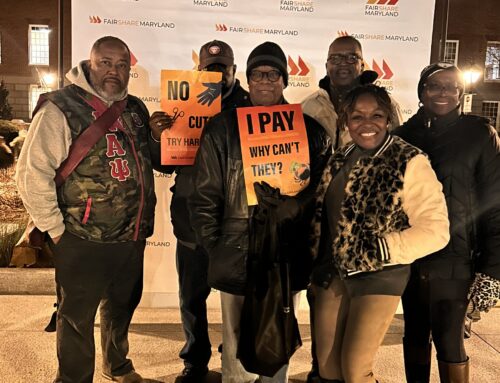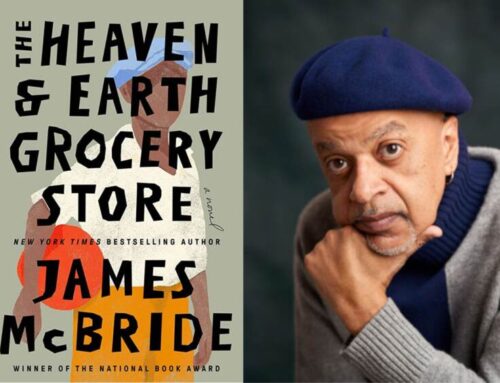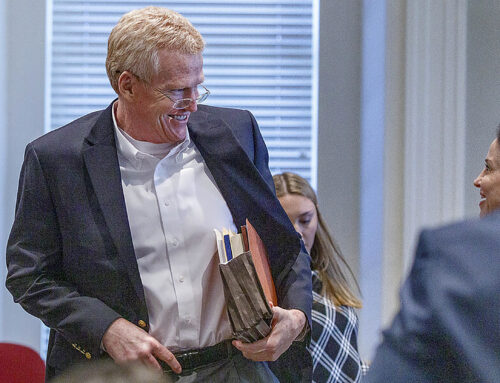by Rev. Dr. K. A. Slayton, Sr.
Nothing could be worse than having the best idea ever and finding out that everyone else has the same great idea

Did you catch the vision?
And then, just like that…..the same magic light bulb must have gone off around the world and we all had the same epiphany or at least the same idea. The result of that moment landed in the pulpit of almost every church from New Mexico to New York. “I’ll tell them that the Lord told ME — to tell them – that this is the year of 20/20 Vision.” Everywhere you looked, so it seemed, this message was on full display. There were sermons being preached, visions being cast, online post, and conferences being scheduled with this bright idea in mind. All of them, however were rooted in the idea or at least took a lead from the perfect intersection of our calendar and our prophetic anointing.
I wonder this week how clergy will approach the moment differently. I wonder if there were any lessons learned that will carry over. Will they spend more time in prayer listening to hear from God? Will the preacher be intimidated by the total missed mark of last year? Or will she be content to look in the rear view mirror and simply recite the chronology of the past 12 months? This has been a year like no other in recent history, yet somehow it may not have been the worst in history. Somehow we must position God at the center of life’s challenges in such a way that God can still be God. We must find a way to, as my former Professor of Systematic Theology, Dr. Cartwright Davis would say, ask the right questions. Those two primary questions being, “Where Was God In This” and “What Does This Say About God?”
I recently saw a piece that described the journey of a person born at the beginning of the 20th Century. What I found more interesting is that in all of its depiction of the suffering that has occurred over the past 120 years it did not once mentioned the suffering of black people. Still I use it to follow the logic that a person born in 1900 would have been impacted by the first World War at the age of 14. And by the time they reached 18 years of age they would have known of 22 million deaths as a result of this war. That same individual would then later that year have become aware of the Spanish Flu. This global pandemic would kill 50 million people.
If this person was of color that trauma would be decidedly increased by the reality of prejudice. Not only would this 20 year old be fearful of the virus, but equally fearful of white people. This was the deadliest time of the Nadir Period of race relations in America. Black men and women were being hung and decapitated by the thousands. Somehow they survived their 29th birthday only to walk directly into the Great Depression where the stock market crashed, hunger was rampant, and unemployment was understood.
Imagine that before they could recover they would learn of the reign of the Nazis and the start of a second World War. It would begin when they were 39 and end when they had turned 45. They would have known and heard of the 6 million Jews killed in the Holocaust and the other 60 million deaths that were a result of this war. By the time they turned 52 they would face the Korean War and by the age of 64 the Vietnam War. Again, if they were black or of color they would have also dealt with the injustice and inequity of Jim Crow. The Vietnam War would not have ended until they were 75 years old and the injustices they’d witness of racism would follow them to their grave. Sadly, they would then be passed down to their children, grandchildren, and great-grandchildren.
And Yes…..those are the persons that the preacher will have to speak to on this coming Sunday. She must be very sensitive in her homiletical approach to any text. She must remember that the people are fragile. And she must remember that most of them will still be totally devastated and dragging through the despair of having their Amazon packages lost and not delivered within the three day promise. They will also have to find a word to comfort the shattered lives of persons destroyed by too few likes on their holiday Facebook and Instagram post. They must find a way to comfort and calm the rage that so many carry for not being able to dine at their favorite restaurant.
So I continue to sit here at my desk this morning wondering what I will preach on this last Sunday of the year 2020. The honest truth is that at this present moment, I don’t know, and that’s fine with me. Tomorrow will offer another insight into the preaching moment so I’ll continue to pray for a word from on high.






